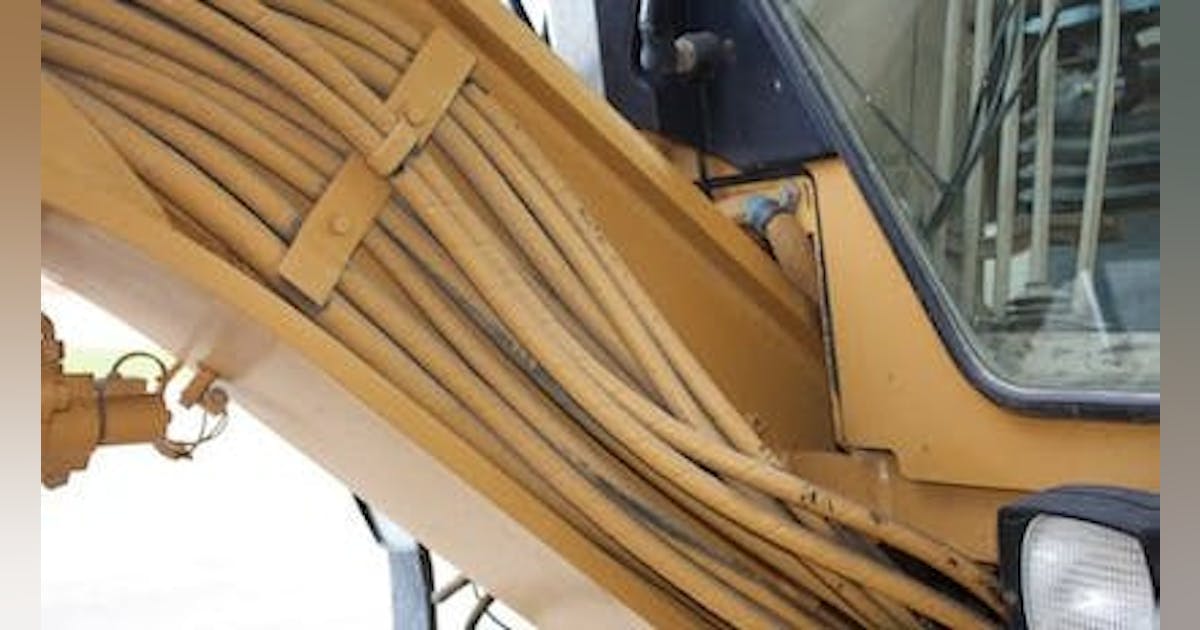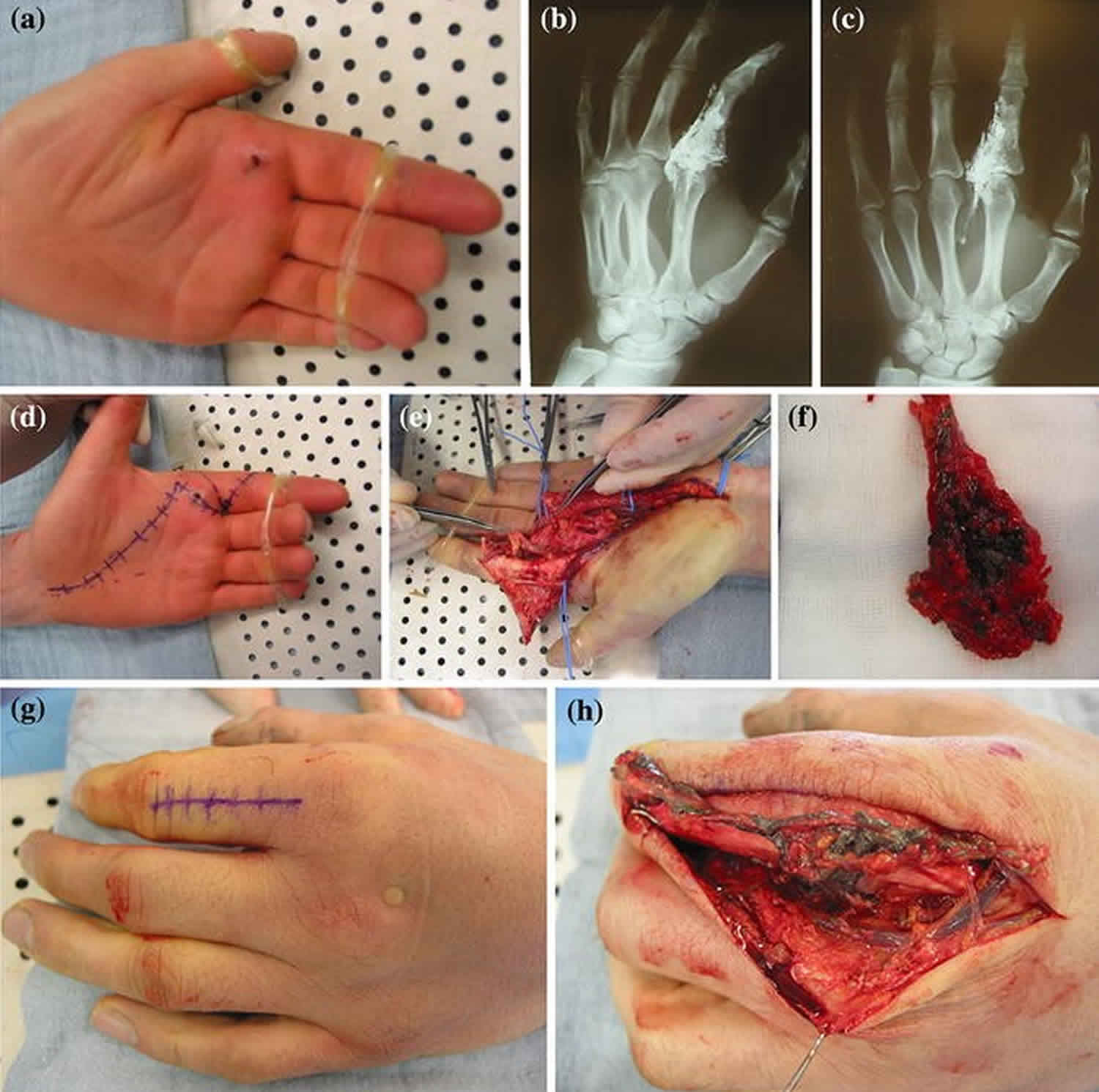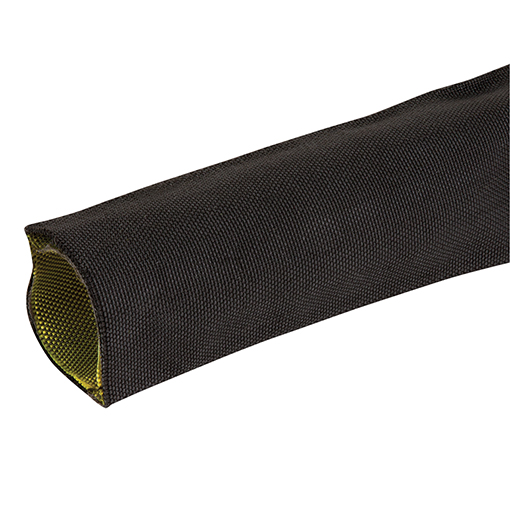adammil1
Titanium
- Joined
- Mar 12, 2001
- Location
- New Haven, CT
This topic came up at work today. Hydraulic injection injuries are an incredibly scary thing that requires emergency surgery right away.
The problem is that initially the injuries don't look that serious and often hospitals will send a patient home with minor treatment only to have them return in a few hours requiring amputation of parts affected.
Do any of your companies have plans in place to deal with such a thing if it happens? We work with a lot of large hydraulic machines that we build, many of them use nastier than usual hydraulic fluids such as Skydrol and other solvents. Should any of us have such an injury I don't even know which hospitals in the area would know what they are looking at.
I was thinking at a minimum the company should know which hospitals in the area are capable of understanding the severity of the issue. How does a company go about figuring this out?
Ever try calling a hospital these days and trying to get someone competent to answer?
I am thinking the company should probably also provide training to us employees that if you feel something like a bee sting you need to go to the ER and insist on surgery right away!
Any one know of any good resources that I can recommend to my company to both train us and put an emergency plan in place?
My last employer was such a large aircraft OEM that they actually had their own plant doctor. We all received training on what a hydraulic injection injury was and how to know when to suspect it if it happened to you. Should an injury like this have occurred their plant doctor would take you to the hospital and insist on the correct surgical procedures. Our current place is far too small for such a thing but knowing what hospital to turn to and having a designated driver if not getting an ambulance would probably be a very good idea. Seems like the best time to put a good emergency response plan in place as long before you ever have one.
Here's a few articles to give you a warm and fuzzy feeling about this issue;
Here's a good industry article

 www.constructionequipment.com
Here's one from the medical perspective;
www.constructionequipment.com
Here's one from the medical perspective;

The problem is that initially the injuries don't look that serious and often hospitals will send a patient home with minor treatment only to have them return in a few hours requiring amputation of parts affected.
Do any of your companies have plans in place to deal with such a thing if it happens? We work with a lot of large hydraulic machines that we build, many of them use nastier than usual hydraulic fluids such as Skydrol and other solvents. Should any of us have such an injury I don't even know which hospitals in the area would know what they are looking at.
I was thinking at a minimum the company should know which hospitals in the area are capable of understanding the severity of the issue. How does a company go about figuring this out?
Ever try calling a hospital these days and trying to get someone competent to answer?
I am thinking the company should probably also provide training to us employees that if you feel something like a bee sting you need to go to the ER and insist on surgery right away!
Any one know of any good resources that I can recommend to my company to both train us and put an emergency plan in place?
My last employer was such a large aircraft OEM that they actually had their own plant doctor. We all received training on what a hydraulic injection injury was and how to know when to suspect it if it happened to you. Should an injury like this have occurred their plant doctor would take you to the hospital and insist on the correct surgical procedures. Our current place is far too small for such a thing but knowing what hospital to turn to and having a designated driver if not getting an ambulance would probably be a very good idea. Seems like the best time to put a good emergency response plan in place as long before you ever have one.
Here's a few articles to give you a warm and fuzzy feeling about this issue;
Here's a good industry article

Hydraulic-Injection Injury: Insidious, Potentially Devastating
Injection a risk at pressures as low as 100 psi

High pressure injection injury causes, symptoms, diagnosis, treatment & prognosis
Learn about high pressure injection injury. Causes & symptoms of high pressure injection injury. Diagnosis & treatment of high pressure injection injury
healthjade.net


